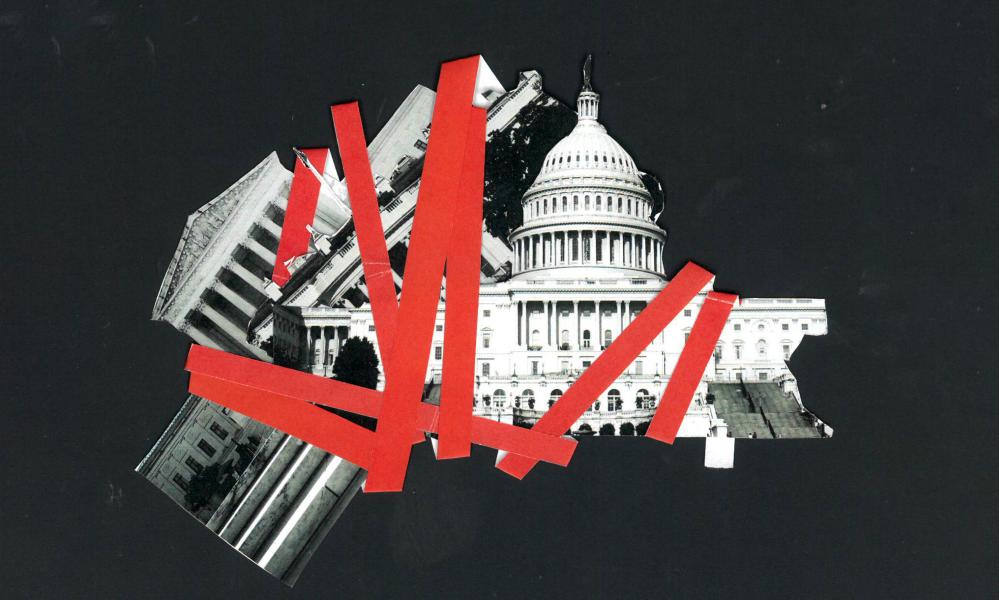With Republicans recapturing the majority in the House of Representatives, a powerful trifecta is set to emerge in Washington come January. This control significantly enhances Donald Trump’s capabilities to advance his right-wing agenda following his presidential win. Prior to this congressional majority, Trump wielded considerable influence over U.S. foreign policy and the federal government’s structure, both of which he aims to transform. However, the Republican majority will provide him with the mandate necessary to push through legislative priorities that include tax cuts, the dismantling of landmark Biden-era legislation, and the advancement of conservative cultural values.
One central tenet of the Republican platform is the push to make permanent the tax cuts initiated during Trump’s presidency in 2017. As many of these cuts are set to expire in 2025, extending them could cost an estimated $288.5 billion in 2026 alone, with striking inequities in whom those benefits accrue to—the wealthiest 20% of Americans would receive almost two-thirds of those cuts while the lowest-income 20% would only see 1%. This highlights the persistent challenge Democrats face in countering the tax-centric initiatives that prioritize affluent Americans over lower-income households.
Perhaps the most alarming possibility for Democrats is the potential for a nationwide abortion ban enacted by the newly empowered Republicans. Though Trump has said he would veto such legislation, his history of ambiguity raises concerns. Current research indicates that existing abortion restrictions have jeopardized women’s health and even resulted in fatalities. This underlines the pressing need for Democrats to advocate for reproductive rights as Republicans pursue their agenda, particularly with the newly gained power to influence legislation more forcefully.
In addition to social issues, Trump’s administration is likely to aggressively push for the deportation of millions of undocumented immigrants, a key plank of his campaign. While the president has the authority to set immigration policy, massive funding is essential for carrying out such extensive deportations. Trump’s recent statements indicate a reluctance to place limits on this effort, which raises alarms among immigrant rights advocates. Such a hardline approach signals the potential for significant destabilization for immigrant communities across the country.
Moreover, Republicans are expected to target President Biden’s accomplishments, particularly the Inflation Reduction Act (IRA), which represents a substantial federal response to the climate crisis. Some Republican leaders have suggested a nuanced approach, advocating for selective preservation of beneficial provisions while repealing others. This brings to attention the complexities that will arise, especially regarding the Affordable Care Act (ACA). Previously, Republicans struggled to repeal the ACA during their own trifecta, and current leadership appears divided on the issue, suggesting a steep legislative hill to climb.
Despite the challenges posed by narrow majorities that have historically hampered both parties, Trump and Republicans are adamant about capitalizing on their newfound power. Mike Johnson, the Republican House Speaker, has indicated a robust mandate from the electorate for a firm Republican agenda, emphasizing priorities like border security and fiscal responsibility. However, this mandate will face scrutiny and possible division within the party itself, as the dynamics of previous Congresses demonstrate the complexities of maintaining a unified front. As they navigate their ambitious plans, the promise of a consequential Congress rests on whether Republicans can sustain cohesion amid differing voices within their ranks.

